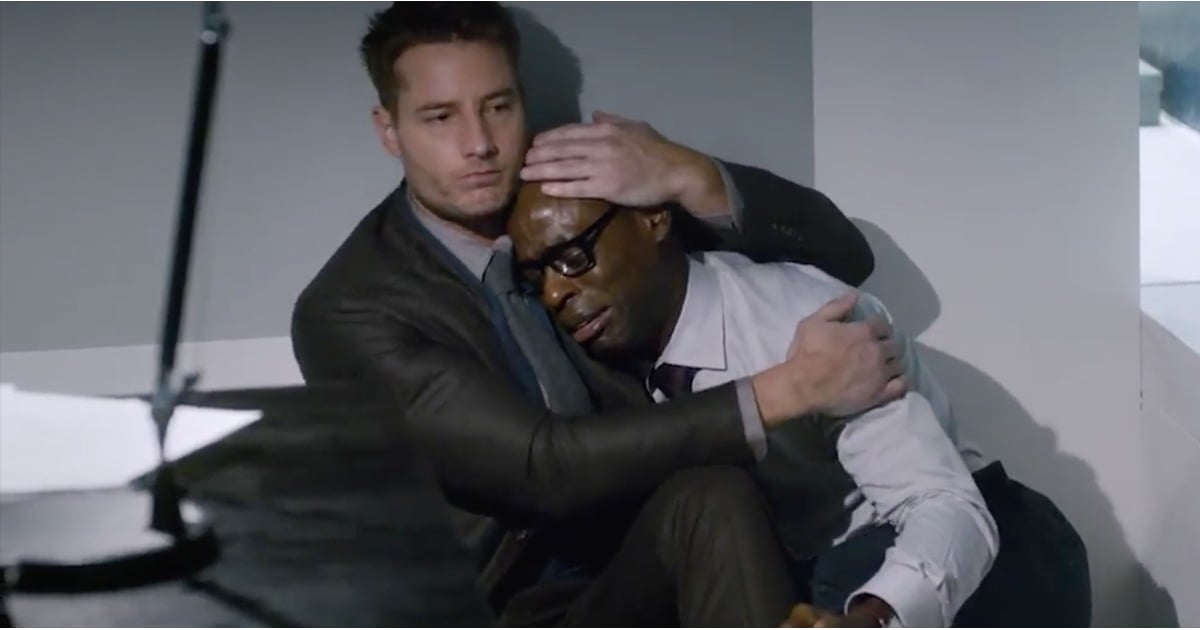The home I grew up in was a cape cod house on a tree-lined street in New Jersey. I didn’t think it was small growing up, I didn’t think it was large. I do remember, though, that my mother thought the kitchen was a bit on the small side - specifically, that it didn’t have enough counter space, as she would occasionally tell my father.
One day we were visiting with my aunt and uncle who lived in a larger house on the other side of town that had a larger kitchen to begin with and my aunt wanted to show my mother that the kitchen had been redone. The kitchen was even more spacious than it had been, with two ovens and lots of counter space.
My mother ooh-ed and aah-ed at all the appropriate moments, my aunt served a lovely meal, my mother wished my aunt Mazel Tov on her renovated kitchen and said “use it well.” And then we got in the car to drive back to our side of town. My mother said nothing to my father in the ride home but he had a sense of what she was thinking.
A week later, a week during which my mother didn’t once mention my aunt’s upgraded kitchen, she was cooking steaks for dinner. She pulled the tray with the perfectly cooked steaks out of the oven, balanced the tray on the small counter and, as it turned out, the tray toppled over and landed face down on the floor, every single steak upside down and marinating in whatever had been used the day before to clean the floor.
That evening I heard a few words that I didn’t know my mother knew. And a few days later my parents started to renovate the kitchen.
On arguably the holiest day of the year, I want to talk about keeping score with other people. I think we all do it. We compare ourselves to other people, our houses to their houses, our kitchens to their kitchens, our lives to their lives.
We compare our accomplishments, our appearance, our relative fortune and misfortune to the accomplishments, appearance, fortunes and misfortunes of others.
We keep score when it comes to what we get and we keep score when it comes to what we give.
That would be just fine. Except that often it makes us miserable to keep score with others.
One day we were visiting with my aunt and uncle who lived in a larger house on the other side of town that had a larger kitchen to begin with and my aunt wanted to show my mother that the kitchen had been redone. The kitchen was even more spacious than it had been, with two ovens and lots of counter space.
My mother ooh-ed and aah-ed at all the appropriate moments, my aunt served a lovely meal, my mother wished my aunt Mazel Tov on her renovated kitchen and said “use it well.” And then we got in the car to drive back to our side of town. My mother said nothing to my father in the ride home but he had a sense of what she was thinking.
A week later, a week during which my mother didn’t once mention my aunt’s upgraded kitchen, she was cooking steaks for dinner. She pulled the tray with the perfectly cooked steaks out of the oven, balanced the tray on the small counter and, as it turned out, the tray toppled over and landed face down on the floor, every single steak upside down and marinating in whatever had been used the day before to clean the floor.
That evening I heard a few words that I didn’t know my mother knew. And a few days later my parents started to renovate the kitchen.
On arguably the holiest day of the year, I want to talk about keeping score with other people. I think we all do it. We compare ourselves to other people, our houses to their houses, our kitchens to their kitchens, our lives to their lives.
We compare our accomplishments, our appearance, our relative fortune and misfortune to the accomplishments, appearance, fortunes and misfortunes of others.
We keep score when it comes to what we get and we keep score when it comes to what we give.
That would be just fine. Except that often it makes us miserable to keep score with others.


